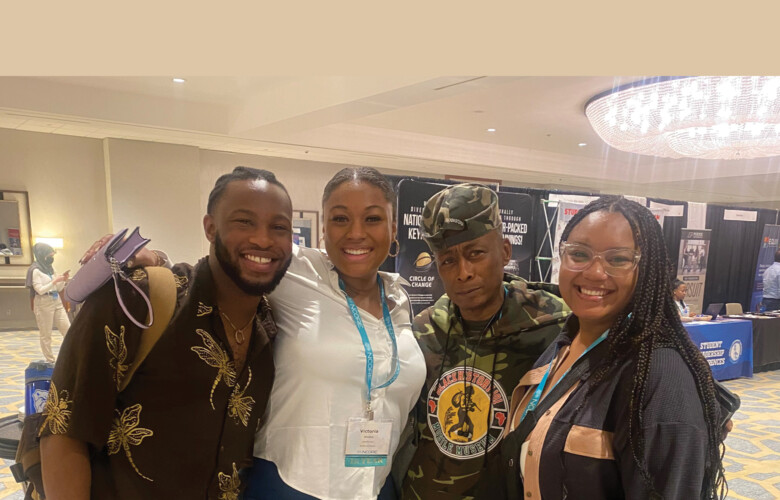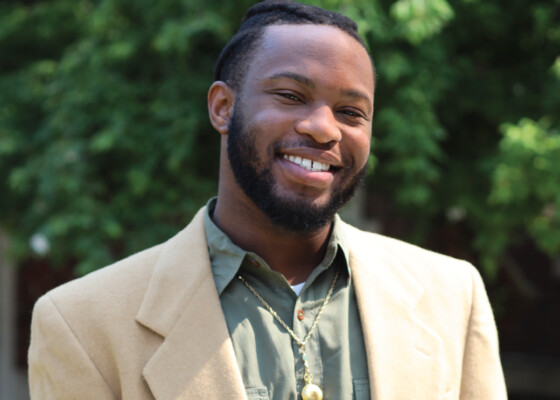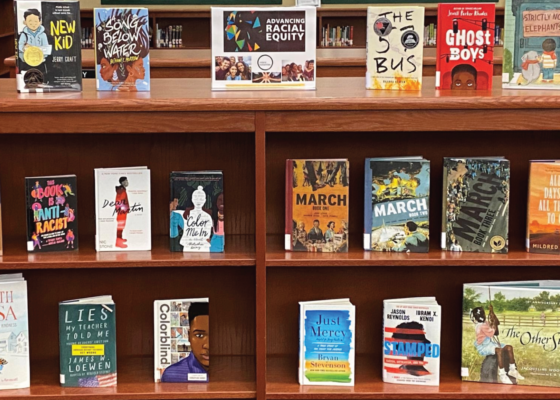What I learned from the National Conference on Race and Ethnicity in Higher Education
July 28, 2023Indiana Humanities Storytelling Intern Victory Sampson attended the 2023 National Conference on Race and Ethnicity in Higher Education with the support of Butler University’s Diversity Center. These are his reflections…
Indiana Humanities Storytelling Intern Victory Sampson attended the 2023 National Conference on Race and Ethnicity in Higher Education with the support of Butler University’s Diversity Center. These are his reflections on that experience.
General Impressions
I am a Black, Nigerian-American, first-generation university student in the humanities. I have never had the opportunity to attend a conference solely for educational purposes. NCORE 2023, or the National Conference on Race and Ethnicity in Higher Education — held this year in New Orleans — was my first experience with an event of its kind. Though I was overwhelmed by the scale of the scenery and the number of people, I was excited!
Stepping onto the marble floors and under the gleaming gold light fixtures of the Hilton New Orleans hotel, I made my way to my first session titled “(It Takes a Village) We All We Got.” I thoroughly enjoyed the panel discussion featuring Black doctoral students sharing about their experiences building community in higher education. Their systems of relation and intercommunal dependence not only inspired me but gave me hope as a Black student who desires to pursue a doctoral program as well.
In fact, I felt both inspired and hopeful through all of my sessions. Whether the topic was the power of self-identification in the Afroindigenous community of the Louisiana Creole, the creation of wellness and intellectual curiosity groups for men of color or the pursuit of a Fulbright fellowship as a Black student from a small liberal arts university, all of these conversations were invigorating and made me grateful that I had been given the opportunity to attend the conference.
Challenges
Though the conference had many positives, there were a few experiences that gave me pause that I hope will be addressed in subsequent conferences. All of the scheduled caucuses (Black, Queer POC, API) were given only a fraction of the space that they needed, which caused problems with facilitating the conversations. Some of the sessions were even scheduled concurrently, which did not acknowledge the intersectional identities of participants. Many felt they had to choose which identity was “more important” to determine their caucus attendance.
I was also concerned by the announcement of Hawaii as the location of NCORE 2024, considering the call by some Hawaiian residents to avoid visiting the islands because of the environmental impact of overtourism. I hope the organizers seriously consider the potential consequences of the conference’s attendees on the state’s ecosystem.
Takeaways
During the conference, I was given the opportunity to connect with many individuals whose experiences align with my life’s goals. I was able to be in the presence of writers whose work I enjoy, such as Curtis Chin; meet fellowship administrators; and talk with Black doctoral students who demystified the anti-Black culture of respectability that can be found in higher education institutions.
I am excited to be a part of a continued community and although the conference was not without its systemic challenges, the value I received from it is immeasurable.




